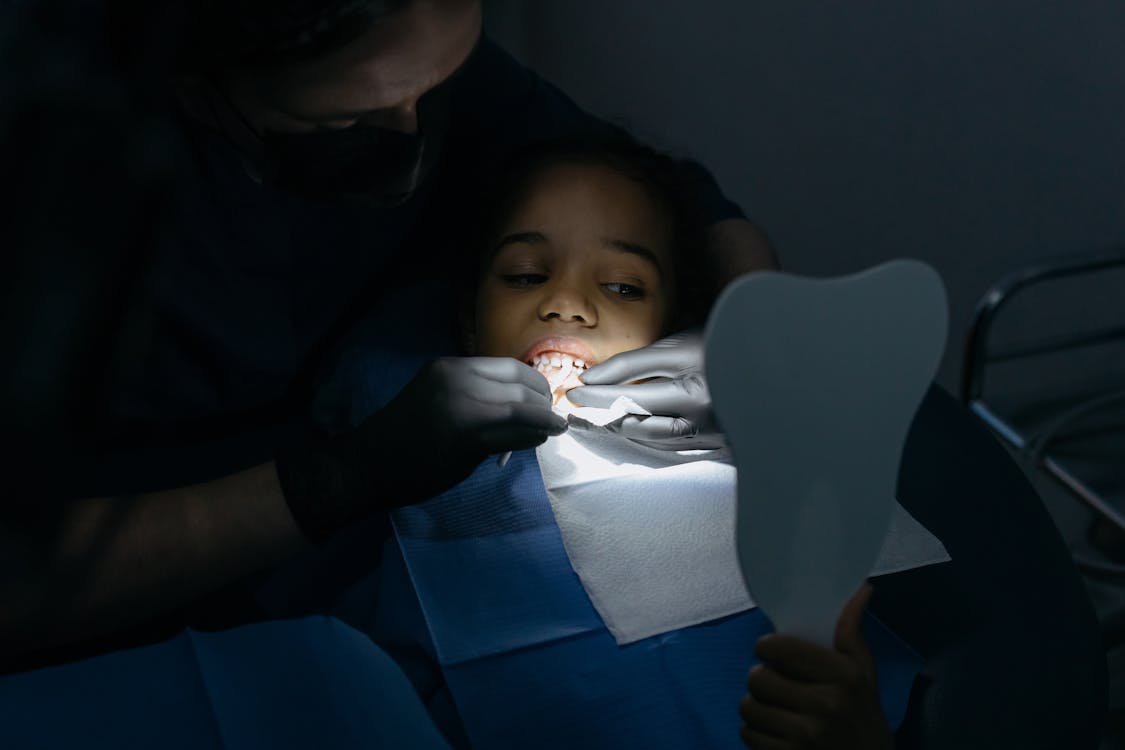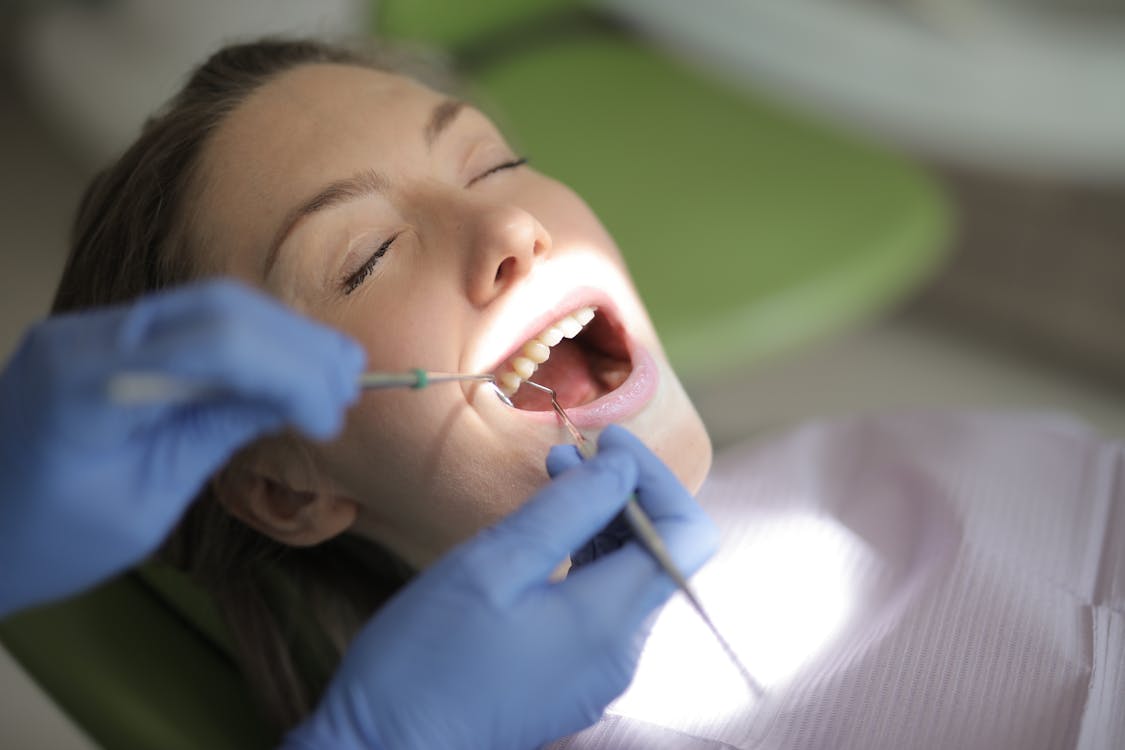Have you ever had a wisdom tooth taken out? Many people wonder if they can still enjoy their favorite dishes once the procedure is complete. While some people say that you shouldn’t consume hot, spicy foods for up to two weeks following surgery, others claim that you are perfectly fine to go back to eating normal meals immediately. In fact, most dentists recommend keeping away from these types of foods for a few days before resuming regular diet.
What Is Wisdom Tooth ?
When you were born, your baby teeth fell off one by one. As a result, you started to have gaps in between them. This was because your baby teeth didn’t grow properly.
As time went on, these gaps became filled with gum tissue. However, this meant that bacteria could get into the spaces. Eventually, the tissues would become infected and cause problems.
If you want to remove your baby teeth, then you should visit an oral surgeon. There are many different reasons why you might need to have your baby teeth removed. For example, they may be causing pain, or they may actually look unsightly.
You can also ask your dentist how to care for your gums after the procedure.
In most cases, you’ll be given antibiotics to prevent any infections from occurring. You will then be asked to return for regular checkups so that your doctor can make sure that everything is healing correctly.
It’s important that you don’t brush your teeth immediately following the surgery. Instead, you should wait for at least two weeks before you start brushing and flossing.
At this point, it’s best to avoid eating anything cold or hard. If you do eat something, then you should chew slowly to help reduce stress on your jaw.

Benefits of Wisdom Teeth Removal
There are two types of wisdom teeth:
- Incisor teeth
- Cuspid teeth
The purpose of wisdom teeth removal is to prevent future problems by removing the teeth before they cause any issues.
This surgery can be done as a day procedure, or in some cases it can be a longer procedure where the patient has to stay overnight.
Depending on the severity of the situation, your dentist may need to numb you during the procedure to prevent pain. In most cases, the incisors will be pulled first. Then the cuspids can be removed.
Wisdom teeth removal can be performed under local anesthesia or general anesthesia.
How to Prepare for Wisdom Teeth Removal
The only way to prepare for wisdom teeth removal is to know exactly what to expect before going under the knife.
You may be surprised to learn that the entire process is relatively painless. Most people report being uncomfortable, but the discomfort usually goes away within an hour or two. If you have questions about wisdom teeth removal, don’t hesitate to ask.
STEP 1: Know Exactly What to Expect
If you want to avoid pain and suffering, you need to know what to expect during the procedure. If you don’t know, then you can’t prepare.
- What are your risks and complications?
- Is anesthesia necessary?
- Will you feel the drill?
- How long will the procedure take?
STEP 2: Find a Doctor Who Understands Your Risks
No matter how prepared you are, you can’t prepare for all possible complications. That’s why it’s so important to find a doctor who understands your particular risk factors.
Your doctor should be able to tell you what to expect before the surgery. They should also give you information about what to do if something unexpected happens during the procedure.

STEP 3: Know What to Do in Case of a Complication
Unfortunately, complications happen. It’s important to know how to handle the situation if something does go wrong.
- If you experience bleeding, make sure you know where to find the nearest hospital.
- If you experience nerve damage, be sure to let your doctor know immediately.
- If you experience a complication during the procedure, you may need to stay overnight.
- If your doctor recommends that you take antibiotics before the procedure, make sure you follow their instructions.
STEP 4: Take Care of Yourself Before and After the Procedure
A healthy mouth is essential to a healthy body. That’s why you need to take care of your mouth before the procedure and after the procedure.
Take a shower the night before the procedure and brush your teeth.
After the procedure, rinse your mouth with salt water or hydrogen peroxide to help reduce swelling. Avoid alcohol and smoking.
STEP 5: Have Fun
Wisdom teeth removal is relatively painless, but you still have to put up with some pain. That’s why it’s important to enjoy the experience.
Make sure you spend some time with your friends and family before and after the procedure.
Remember, it won’t last forever, so make sure to have fun.
When Can I Eat Spicy Food After Wisdom Teeth Removal
You have been told that you need to wait until your gums heal before eating hot foods. This is true. However, you should also know when you can eat them. If you don’t, you might end up with a toothache. Here’s how to tell the difference between a normal soreness and one caused by an infection.
If you feel pain while chewing, this means that you’re likely suffering from gum disease. You’ll want to visit the dentist to get treatment for this problem.
But, if you just feel discomfort, then it doesn’t necessarily mean anything. The reason for this is because most people suffer from some level of sensitivity when their gums are irritated.
It’s important to note that there are certain foods that will make your mouth burn. For example, you shouldn’t eat any kind of citrus fruit or drink tea. On the other hand, you should be able to consume a wide variety of foods without having to worry about hurting yourself.
The best way to avoid an infection is to brush twice daily, floss regularly, and use dental products that contain fluoride.



